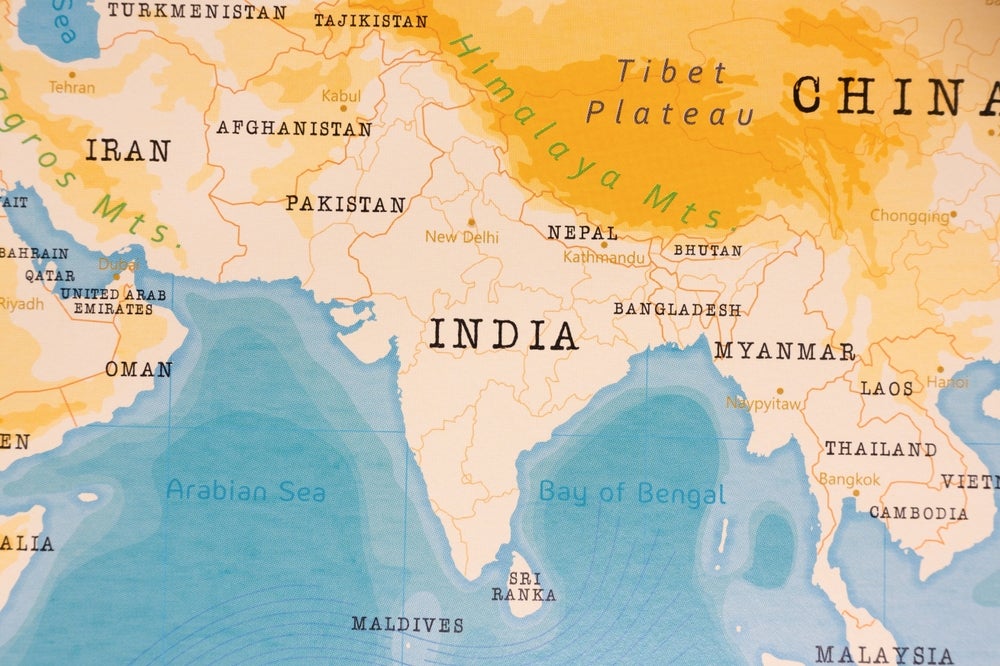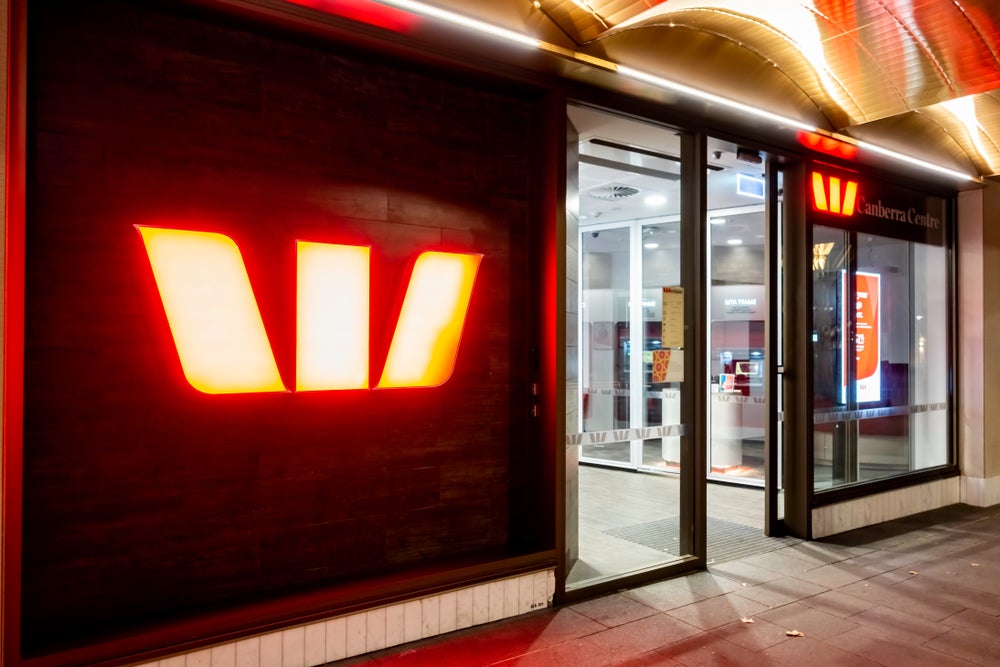Cambodia is a largely cash-based society, as a result of low banking penetration, a lack of consumer knowledge of other payment instruments such as payment cards, and limited access to payment infrastructure. However, the small credit card market is receiving support and growing strongly
Cambodia’s government and banks are focusing on providing financial access to the unbanked population, expanding banking infrastructure such as ATMs, and introducing agent banking, in a move to reduce the country’s high dependence on cash.
Payment cards are gradually becoming more accepted, with their use expected to grow over the forecast period (2017–2021) with a CAGR of 12.52% in terms of transaction value. However, use of cards is mostly limited to ATM cash withdrawals, with little use at merchant outlets; POS transactions accounted for only 4% of total card transactions in 2016.
A major challenge to the growth of card-based payments in Cambodia is the charging of additional fees by merchants. However, international scheme providers such as Visa and MasterCard, along with commercial banks, are educating customers and merchants on the benefits of card payments, and are working to remove surcharging.

Low banking penetration hinders growth
How well do you really know your competitors?
Access the most comprehensive Company Profiles on the market, powered by GlobalData. Save hours of research. Gain competitive edge.

Thank you!
Your download email will arrive shortly
Not ready to buy yet? Download a free sample
We are confident about the unique quality of our Company Profiles. However, we want you to make the most beneficial decision for your business, so we offer a free sample that you can download by submitting the below form
By GlobalDataDebit card penetration stood at 10.1 per 100 individuals in 2016. The figure is comparatively low when compared to peer countries such as China (369.8), Malaysia (140.7), Thailand (116.5), Vietnam (114.4), India (60.7), the Philippines (49), Indonesia (48.2) and Pakistan (15.7).
Low banking penetration and limited consumer awareness of the benefits of cards remain the primary reasons for low debit card penetration. As the majority of the population resides in rural areas, exposure to electronic payments is relatively low.
The government and banks are taking various measures to bring more of the population into the formal banking system. Local bank Wing is focusing on providing access to financial services to rural and remote locations; the bank has expanded into 25 provinces and operates a network of 5,000 branches. Wing also offers agent banking, with its 3m customers carrying out around 60m transactions annually through agents.
Acleda Bank increased its ATM network from 219 in 2014 to 280 in 2015, and the number of POS terminals from 2,116 to 2,595 over the same period. These initiatives provided a much-needed push to the government’s financial inclusion program, and resulted in the proportion of the banked population rising from 10% in 2012 to 33% in 2016.

Scope for growth in credit cards
As most of Cambodia’s population is lower middle class, and with 90% of the population residing in rural areas, exposure to credit cards and need of use are very low. Banks therefore focus more on corporate, upper-middle-class, high-income customers, as well as travellers.
The absence of bankruptcy laws also has hindered credit card adoption in the country, as issuers are reluctant to supply cards to consumers without any legal assurance of receiving repayment.
Despite its small size, the credit card market has grown significantly in terms of both cards in circulation and transaction value.
The Credit Bureau of Cambodia (CBC) was established in 2011 to help develop the country’s credit cards market. The CBC is a private company, regulated and licensed by the NBC, and is responsible for managing credit information and functionality.
Its establishment has provided a framework and regulations for the operation of credit cards, building confidence among issuers and consumers. Since the CBC’s establishment, the credit cards market has registered an average annual growth rate of 17.3%, in terms of transaction value.







